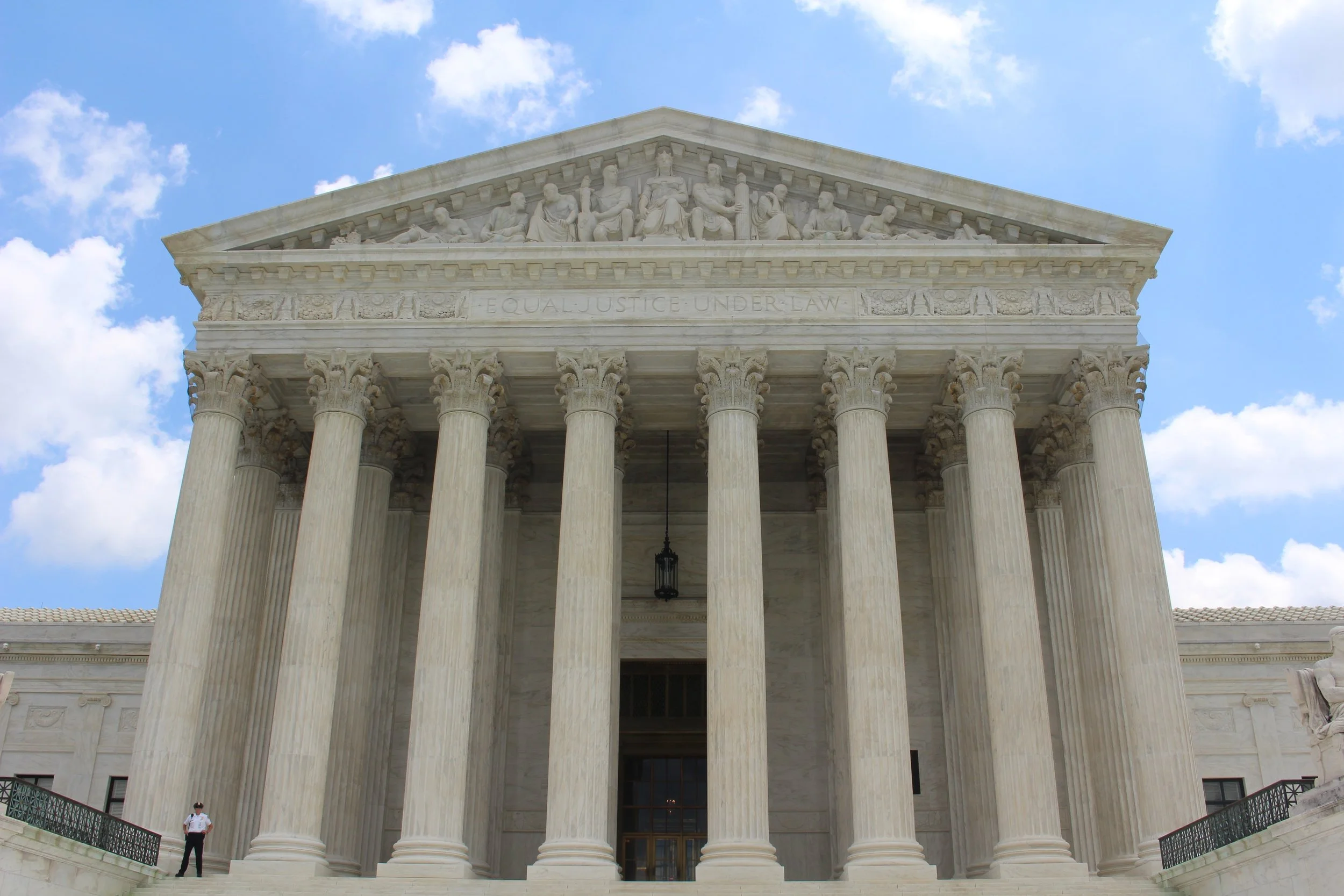Today’s New York value is actually, hopefully, informative, and inspired by real life events AND an article I read in The Real Deal about the shocking 17,000 tenants who are late on $55 million worth of rent. Some of this is just tenants not paying out of lack or funds of laziness, but some is being intentionally withheld due to unresolved issues in their apartments. You can read all the details here.
I have a meeting tomorrow with my tenant lawyer. Part of why I love doing tenant-side rentals is to keep any of my clients from going through what I’ve dealt with over the past six years. Long story short, my bathroom ceiling has been in various states of leaking/collapse for most of my tenure on 127th St, and I have, at times, gone to housing court in order to get it fixed. The meeting tomorrow is not related to anything in the courts, thankfully, but reading this article reminded me of the struggle.
The positive here is that it’s possible for tenants to hold their landlords accountable in multiple ways, and also that good landlords are rewarded for being good landlords! I just held an open house for my Bronx rental building, because the owners are wonderful and care deeply about the building and their tenants. If you are financially well-off enough to purchase or build a rental building, you are well-off enough to take care of it and make sure your tenants have a safe, kept-up-to-legal-standards place to live.
That article is specifically about Section 8 housing, but this post is about what to do if you find your landlord isn’t taking care of your home to the required standards, regardless of what type of rental you have (although it often applies to rent-stabilized, controlled, or income-restricted housing, where the landlord has an incentive to make you leave so they can raise the rent).
NYC rentals tend towards two extremes: in-need-of-renovation low end, and then luxury AF on the high end.
If you find yourself on the low end of the spectrum, where you are still usually paying $1,000 and up, your landlord may not care if you tell him your ceiling is leaking or that there’s black mold in your apartment. He (yes, he, most of the slumlords on the city’s published lists are men) has very little incentive to put time, money, and energy into solving a problem when he can instead wait for you to get fed up and move out. So what’s a tenant to do if they can’t get management to fix their problem?
There are two routes, and neither is perfect. First is tenant court, beginning by withholding rent. Technically they say to put it in an escrow account, but as long as you have the rent in liquid cash it doesn’t really matter where you keep it. This may lead your landlord to fix the problem, but more likely you will get a notice to pay rent within 3 days or find yourself in housing court. Tenants can’t bring landlords to housing court; they have to withhold rent until they are sued and then file a counter-suit. It took over a year the first time for my landlord to care enough to do this, potentially because he knew it wouldn’t end well for him when they saw the state of my bathroom.
The pros: withholding rent feels better than paying full rent for diminished services
The cons: you end up on the “tenant blacklist,” a list that should not exist but does because people will always find a way to profit off of the small people looking for justice.
Second route is an HP proceeding. I never filed one of these because my landlord and his lawyers are very adept at getting around doing actual work by sending tons of certified mail to . The issues in my bathroom are also due to an intermittent leak, so they would just say it wasn’t leaking when they were there and consider the case closed, despite the holes and mold in my ceiling.
The pros: you don’t end up in tenant court for not paying rent
The cons: you have to go do this yourself or pay a lawyer, and if you landlord is a major player he has lawyers on retainer who will make getting this resolved difficult.


